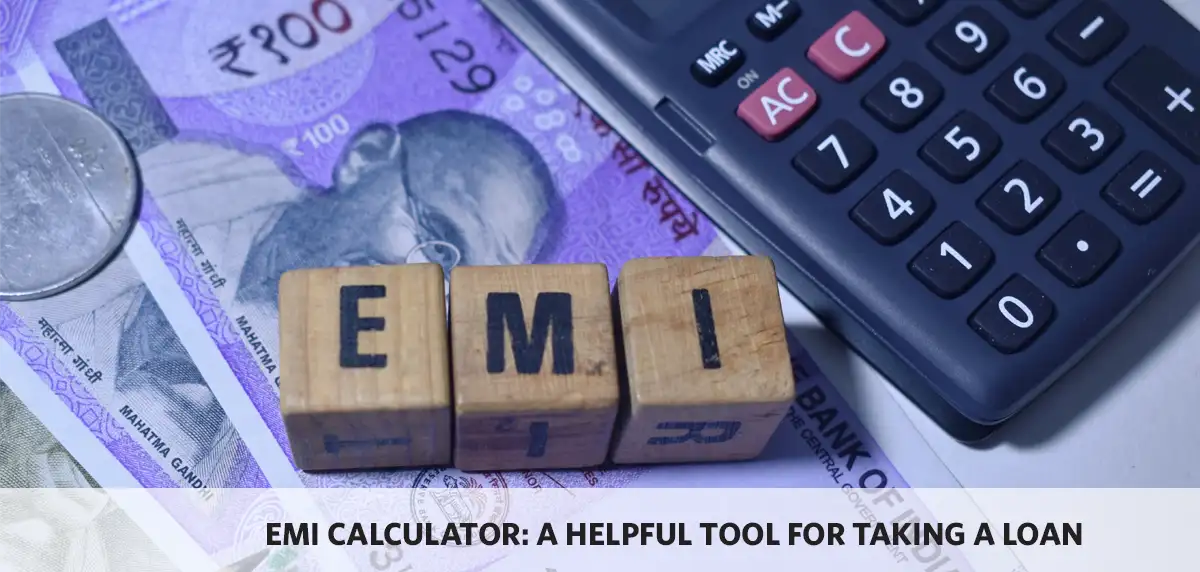Building a strong CIBIL score is essential for financial stability and access to credit. A good score increases the chances of getting your loan approved and also helps you secure better interest rates. Having a good score can make it easier to apply for a loan, a credit card, or even rent a home, as a positive score shows how responsible you are with borrowing and repayments.
What is a Good CIBIL Score?
Before we learn about how to build a good credit score, let’s explore what exactly a good score is.
The CIBIL score is a three-digit number ranging from 300 to 900. It indicates your creditworthiness and is calculated based on your credit history, repayment record, credit usage, and more. The higher your score, the better your chances of getting approved for loans and credit cards are. A good credit score stands at 750 or above.
If your score is low, you might still be able to get credit, but the terms may not be favourable. You may have to tolerate higher interest rates or lower limits. To ensure good financial health, it is important to know how to make your CIBIL score positive.
5 Ways You Can Build a Positive Credit Score
Building your credit score is a matter of financial discipline. Here’s how you can get started.
Always Pay on Time
The single most important factor in building your credit score is your repayment history. Timely payment of your EMIs (Equated Monthly Instalments) and credit card bills shows that you are financially responsible. Even one missed payment can pull down your score. Hence, make sure to stay on track with your credit repayments.
This is a simple way to start if you are learning how to build a good CIBIL score.
Keep Your Credit Utilisation Low
Your credit utilisation ratio is the percentage of your total credit limit that you use. A high utilisation rate suggests that you use too much credit and that you are reliant on it, which can lower your score. It is ideal to keep your usage below 30% of your credit limit.
You can check your CIBIL score at different stages to get a clear idea of how your credit behaviour is affecting the score.
Avoid Too Many Credit Applications
When you apply for a loan or credit card, the lender will do a check on your credit report. These are known as ‘hard inquiries’. Too many of these in a short time shows that you are reliant on credit or facing financial trouble, which can hurt your score. Try to space out your applications and apply only when necessary.
Check Your CIBIL Score Regularly
Keeping track of your credit score is important. When you check your CIBIL score regularly, you can spot issues early. If there are errors in your credit report or signs of fraud, you can report them. Getting these issues corrected can help prevent unnecessary damage to your score.
You can check your CIBIL score from the official website, without any levy of charges, for a maximum of one time once a year. You can also use financial services apps and banks to check the score more frequently at no cost.
Build a Healthy Credit Mix
The more diverse your credit mix, the better it can be for your credit score. Having different types of credit, such as home loans, personal loans, and credit cards, and responsibly managing them, can have a positive impact on your score. It shows that you can manage different kinds of financial obligations.
How Investments and Financial Planning Can Help
Although your CIBIL score is based on borrowing behaviour, your investment process also plays a role. If you have a disciplined approach towards investment, you are more likely to have enough funds to avoid missing EMIs or bills.
For example, if you have an emergency fund, you can rely on it to make credit repayments during tough times. In essence, a steady investment plan leads to less reliance on credit as your finances are more stable.
Improving your credit score is not an overnight event. However, with consistent efforts, you can learn how to make your CIBIL score positive, leading to better financial health in the long run.





















